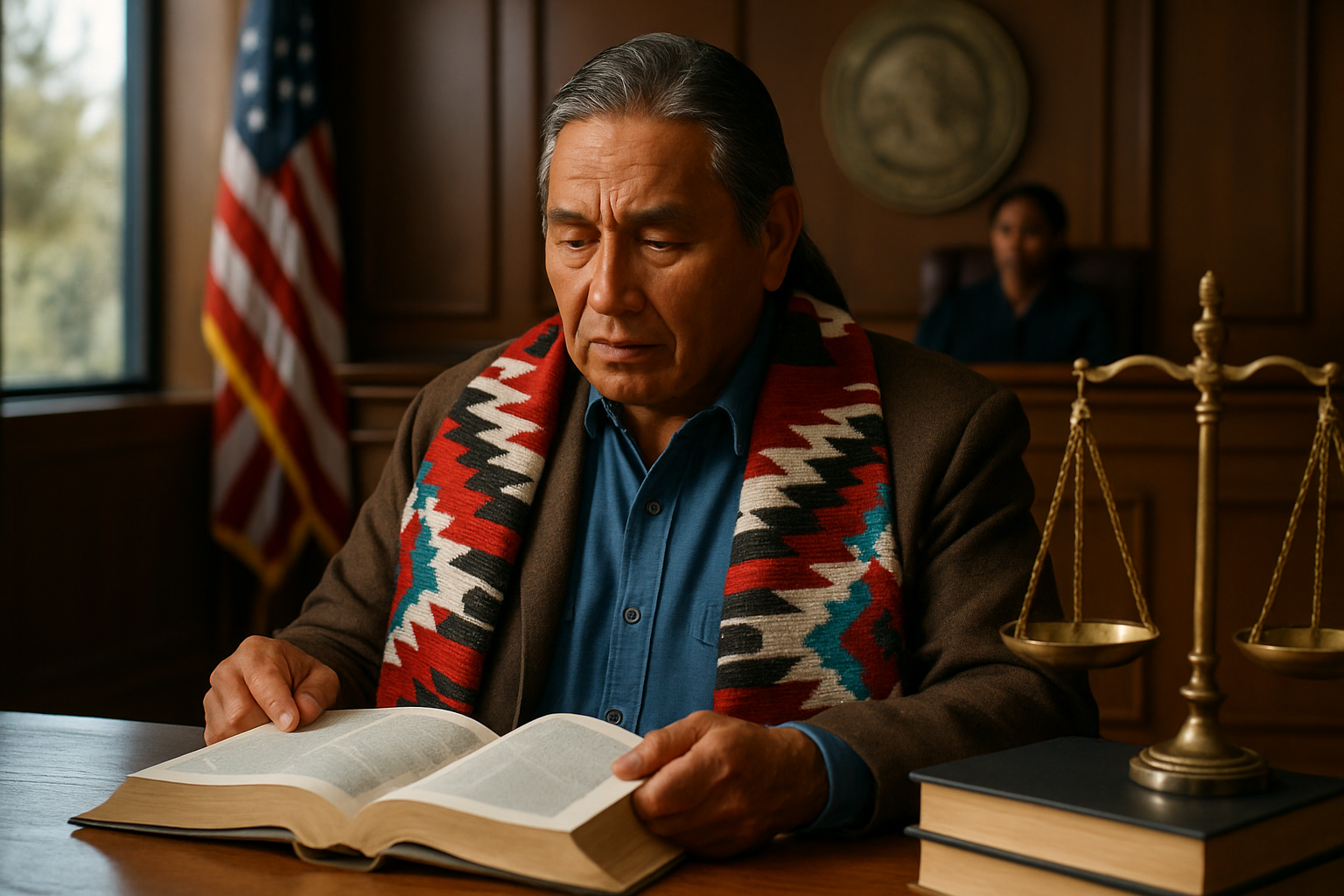Decoding the Intricacies of Tribal Sovereignty in Modern America
As the legal landscape of the United States continues to evolve, one area that remains both complex and fascinating is the concept of tribal sovereignty. This unique legal doctrine, which grants Native American tribes a measure of self-governance within the broader framework of U.S. law, has far-reaching implications for both tribal communities and the nation as a whole. From gaming rights to environmental regulations, tribal sovereignty touches upon numerous aspects of American life, often in ways that many citizens may not fully appreciate.

The concept of tribal sovereignty was further solidified through a series of Supreme Court decisions in the early 19th century, known as the Marshall Trilogy. These rulings, authored by Chief Justice John Marshall, established tribes as domestic dependent nations, possessing inherent sovereignty but subject to the overarching authority of the federal government.
The Modern Interpretation of Tribal Sovereignty
In the contemporary legal landscape, tribal sovereignty manifests in various ways. Tribes have the power to form their own governments, determine membership criteria, and exercise jurisdiction over their territories. This includes the ability to create and enforce laws, impose taxes, and regulate activities within their borders.
However, tribal sovereignty is not absolute. Congress has the power to limit or modify tribal authority, and federal law generally takes precedence over tribal law. Additionally, states have some jurisdiction over non-Indians on tribal lands, creating a complex web of overlapping authorities.
Economic Implications of Tribal Sovereignty
One of the most visible manifestations of tribal sovereignty in recent decades has been the development of tribal gaming enterprises. The Indian Gaming Regulatory Act of 1988 affirmed tribes’ right to operate casinos on their lands, subject to agreements with states. This has led to a boom in tribal gaming, providing significant revenue streams for many tribes and reshaping local economies across the country.
Beyond gaming, tribal sovereignty has enabled tribes to pursue various economic development initiatives, from natural resource extraction to manufacturing. These activities often involve complex negotiations with state and federal authorities, highlighting the ongoing tension between tribal autonomy and broader governmental oversight.
Environmental Stewardship and Tribal Sovereignty
Tribal sovereignty plays a crucial role in environmental protection and natural resource management. Many tribes have developed their own environmental regulations, often more stringent than federal or state standards. This has led to conflicts over issues such as water rights, land use, and pollution control.
The concept of tribal sovereignty has also been invoked in debates over major infrastructure projects, such as oil pipelines, that cross or impact tribal lands. These controversies highlight the delicate balance between tribal rights, environmental concerns, and national economic interests.
Challenges to Tribal Sovereignty
Despite its long-standing legal recognition, tribal sovereignty faces ongoing challenges. One significant issue is the checkerboard nature of many reservations, where tribal and non-tribal lands are interspersed. This creates jurisdictional complexities and can hinder effective governance.
Another challenge comes from efforts to limit tribal sovereign immunity, which protects tribes from lawsuits in state and federal courts. Critics argue that this immunity can be abused, while supporters contend it is a crucial aspect of tribal self-governance.
The Future of Tribal Sovereignty
As America continues to grapple with its complex history and evolving social landscape, the concept of tribal sovereignty is likely to remain a subject of legal and political debate. Emerging issues, such as the regulation of online activities and the impact of climate change on tribal lands, will test the boundaries of tribal authority in new ways.
Moreover, ongoing efforts to address historical injustices and promote tribal self-determination may lead to further refinements in the legal understanding of tribal sovereignty. As this dynamic area of law continues to evolve, it will undoubtedly shape the relationship between tribal nations, states, and the federal government for generations to come.





